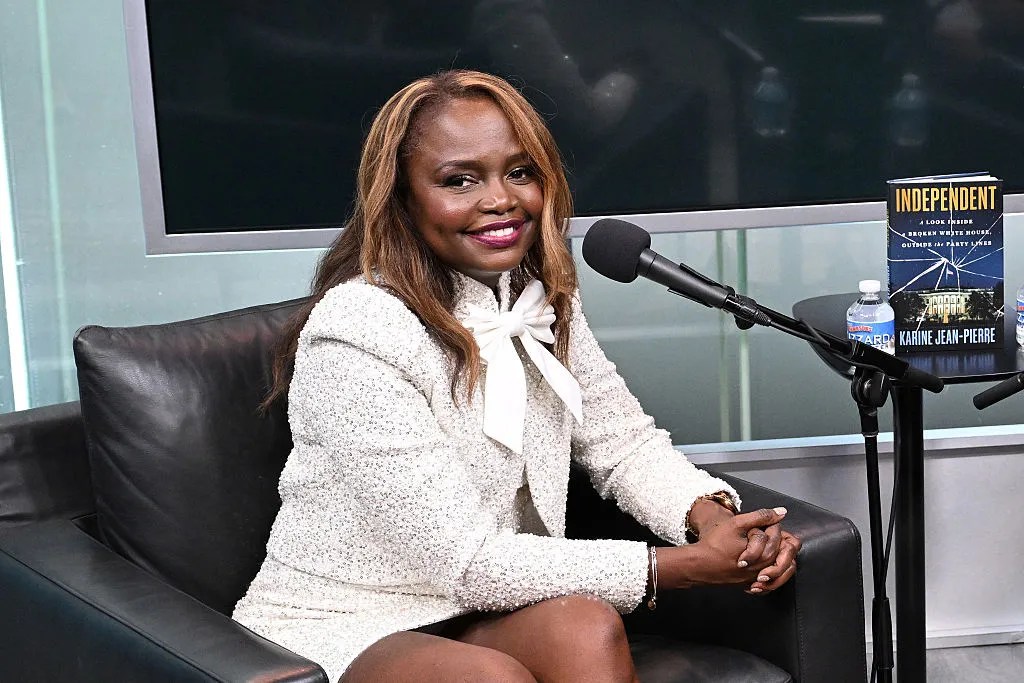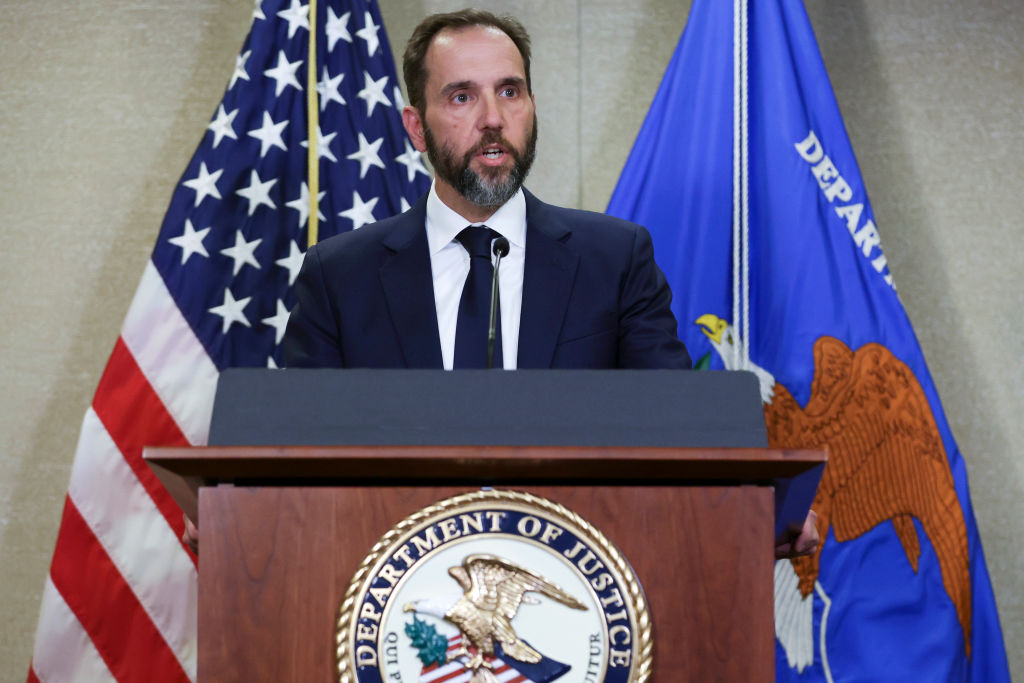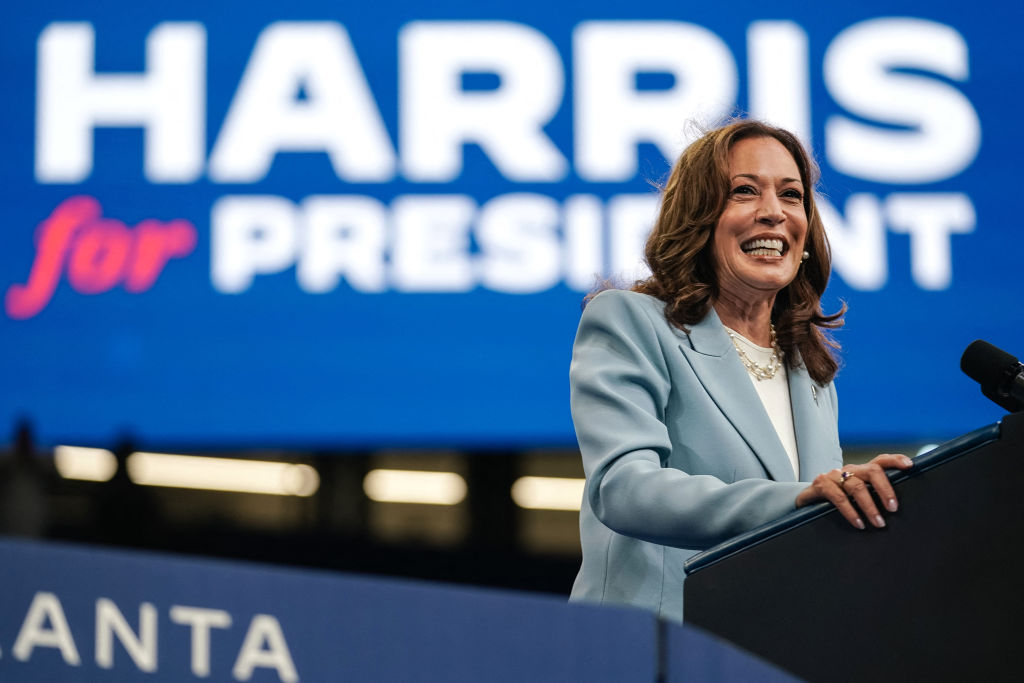Joe Biden’s midterms victory lap didn’t last long. On Thursday, a federal judge in Texas struck down Biden’s student loan forgiveness program. US District Judge Mark Pittman ruled that it was “an unconstitutional exercise of Congress’s legislative power and must be vacated.”
It feels like just yesterday White House press secretary Karine Jean-Pierre was at the podium proudly reading reviews from the student debt reallocation website.
So many happy customers had nothing but great things to say about their experience. Jean-Pierre quoted one student’s review as follows: “I just filled out the student loan forgiveness form in about one minute on my phone in my pajamas. It is possible that the government actually made a form that’s easy and straightforward.”
Well, I hope the pajama class didn’t get too excited.
Plenty of people warned the Biden administration that this bold initiative could encounter legal challenges. Still though, this decision must come as a real shock to Biden. After all, during an interview in October, the president bragged to a panel of activists that he signed a law that offers cancellation of up to $20,000 in federal student loans for Pell Grant recipients and $10,000 for other borrowers. He then took this whopper one step further and told the group that, “I got it passed by a vote or two, and it’s in effect.”
Of course, like so much of Biden’s retelling of history — from his arrest when attempting to visit the late South African president Nelson Mandela to the 17,000 miles he has traveled with Xi Jinping — Biden’s claim that he got student loan forgiveness passed through legislation was a big fat lie. He bypassed the legislature and used executive action to transfer the debts of one group of people, graduates, onto another group of people, taxpayers.
With Joe’s handout having hit a stumbling block, where does that leave would-be recipients of the student loan cancellation initiative?
CNBC reported this week on a recent survey that revealed 73 percent of recipients were planning to spend the money they would no longer have to put toward loan payments on things like travel, dining out and new tech. Does the Texas judge expect them to put their tapas reservations and trips to Bali on hold simply because the initiative is unconstitutional? Hogwash!
Is there anything that could outrage the spurned graduates more than canceling their Instagram-worthy travel plans or removing that new iPad from their Amazon cart? As frustrated as they might be now, they will be even angrier if Biden forfeits this fight.
Sure, the Biden administration is appealing Pittman’s ruling. But how much further will they take this legal battle? It is hard to ignore the fact that the timing of this decision couldn’t be better for Joe. The White House got what they wanted out of this $300 billion boondoggle and might not even have to make good on their end of the deal.
It’s hard to know if student loan forgiveness played a huge factor in the midterms. But Biden certainly touted it plenty leading up to Election Day. Now that he has avoided a November 8 red wave, the President might not be as motivated to deliver on his pie-in-the-sky promise.
Rest assured though, that doesn’t mean the fight for debt forgiveness is over!
Perhaps instead of looking to taxpayers to foot the bill for the higher education of millions of Americans, we should start focusing on the higher education institutions themselves. Plenty of schools in America have massive endowments. Harvard’s is somewhere in the $50 billion range. That won’t cover the whole tab, but it would certainly be a start.
And on top of a generous donation, these ritzy universities and colleges might consider lowering the cost of tuition. If Biden were serious about helping students, he’d focus his attention here, not on an unconstitutional bung to his base. After all, the best way to help students saddled with debt is to not saddle them with it in the first place.

























